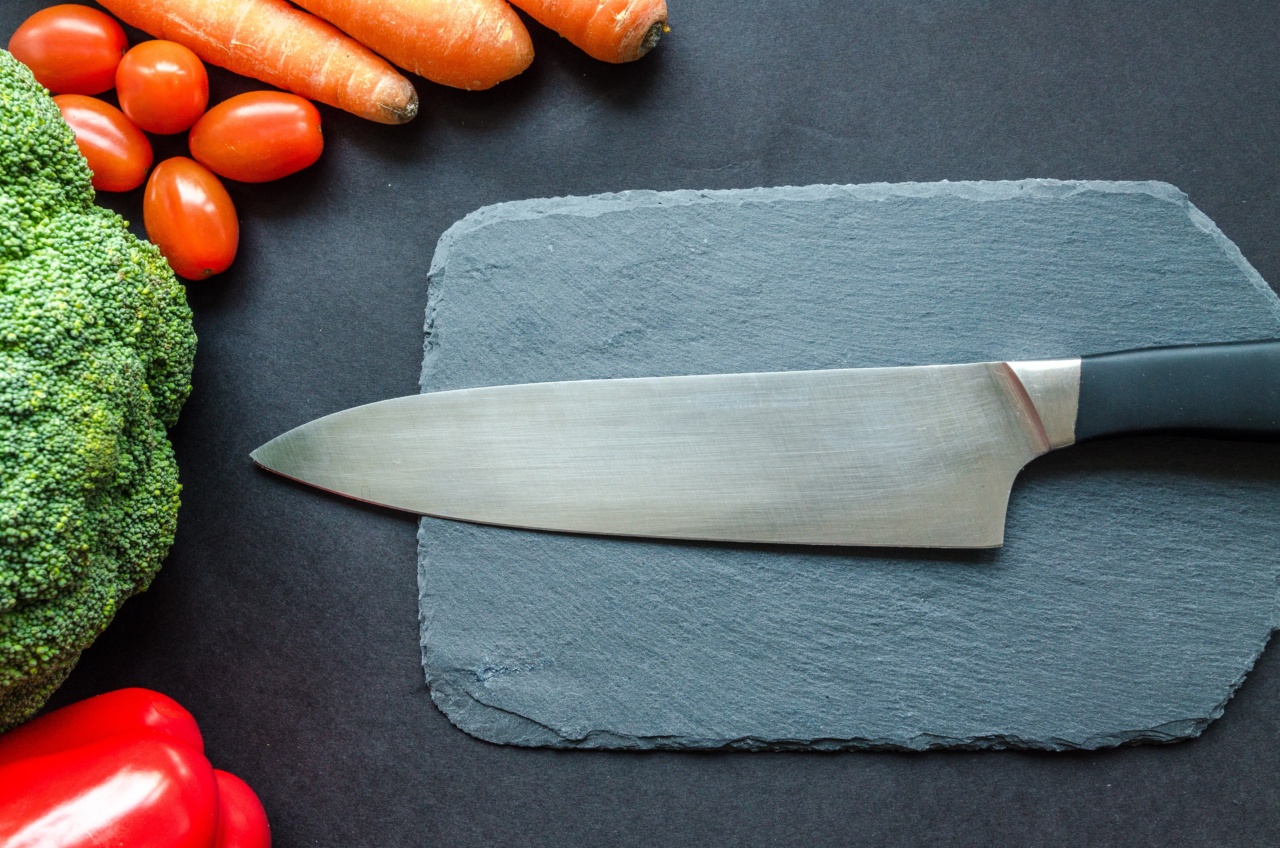During pregnancy, it is crucial to maintain a well-balanced diet to ensure your body and baby are getting the essential nutrients they need to grow and thrive.
A healthy diet should include a variety of nutritious foods and sufficient amounts of vitamins and minerals, but taking supplements can also help ensure you are getting enough.
Vitamin D
Vitamin D is vital for strong bones and teeth and helps your body absorb calcium. Pregnant women need even more vitamin D than usual, as it is necessary for your baby’s bone development and growth.
Low levels of vitamin D in expectant mothers have been linked to preeclampsia, gestational diabetes, and preterm labor.
Folic Acid
Folic acid is essential for the proper development of the neural tube, which forms the baby’s brain and spinal cord.
Women who take folic acid supplements before and during pregnancy reduce the risk of their baby developing neural tube defects by up to 70%. They also reduce the risk of cleft lip and palate, heart defects, and limb malformations.
Vitamin A
Vitamin A is needed for healthy skin, eyes, and immune system. However, it is easy to take too much vitamin A, which can be harmful to the baby.
Therefore, pregnant women should avoid consuming too much vitamin A and instead get it from foods such as eggs, milk, and dark leafy greens.
Iron
Iron is essential for the production of red blood cells, which carry oxygen to your body and baby. During pregnancy, your body needs more iron because it is working harder to make more blood for you and the baby.
Iron deficiency anemia in pregnancy can increase the risk of premature birth, low birth weight, and developmental problems. Good food sources of iron include lean meat, leafy greens, beans, and fortified cereals.
Calcium
Calcium is essential for the healthy development of your baby’s bones and teeth. It helps regulate your blood pressure and is necessary for muscle and nerve function. Pregnant women should aim for a calcium intake of at least 1000mg per day.
Good sources of calcium include dairy products, leafy greens, and fortified foods.
Vitamin B12
Vitamin B12 is necessary for the healthy development of the nervous system and is crucial for the formation of red blood cells. Vegetarian and vegan women may be at risk of vitamin B12 deficiency and should consider taking supplements.
Good sources of vitamin B12 include meat, fish, and fortified foods.
Vitamin C
Vitamin C is essential for the production of collagen, a protein that gives structure to the skin, bones, and tissues. It also helps the body absorb iron and supports the immune system.
Good sources of vitamin C include citrus fruits, strawberries, and bell peppers.
Zinc
Zinc is necessary for the development of the baby’s internal organs, immune system, and muscles. It also promotes wound healing and improves the taste and smell senses. Good sources of zinc include meat, dairy, beans, and nuts.
Vitamin E
Vitamin E is an antioxidant that protects the body from damage caused by free radicals. It also promotes healthy skin and eyes and helps the body use vitamin K. Good sources of vitamin E include nuts, seeds, and vegetable oils.
Iodine
Iodine is vital for the healthy development of the baby’s brain and nervous system. It also regulates the body’s metabolism and thyroid function. Pregnant women should aim for an iodine intake of at least 220mcg per day.
Good sources of iodine include seafood, iodized salt, and dairy products.
Conclusion
A balanced and nutritious diet is critical for a healthy pregnancy and the proper development of your baby.
While it is possible to get all the necessary vitamins and minerals from food, supplements may be necessary to ensure you are getting enough of certain nutrients. Talk to your doctor or midwife about the right supplements for you and your baby.































